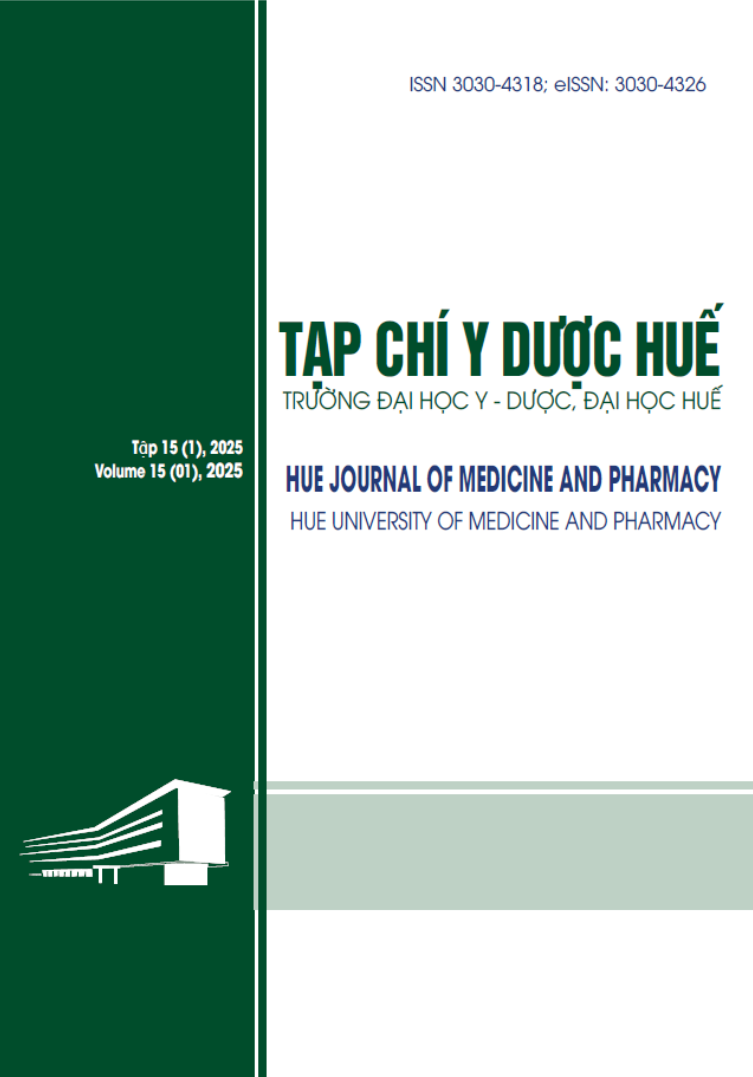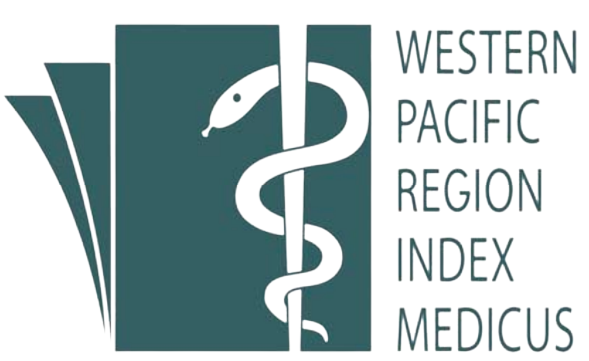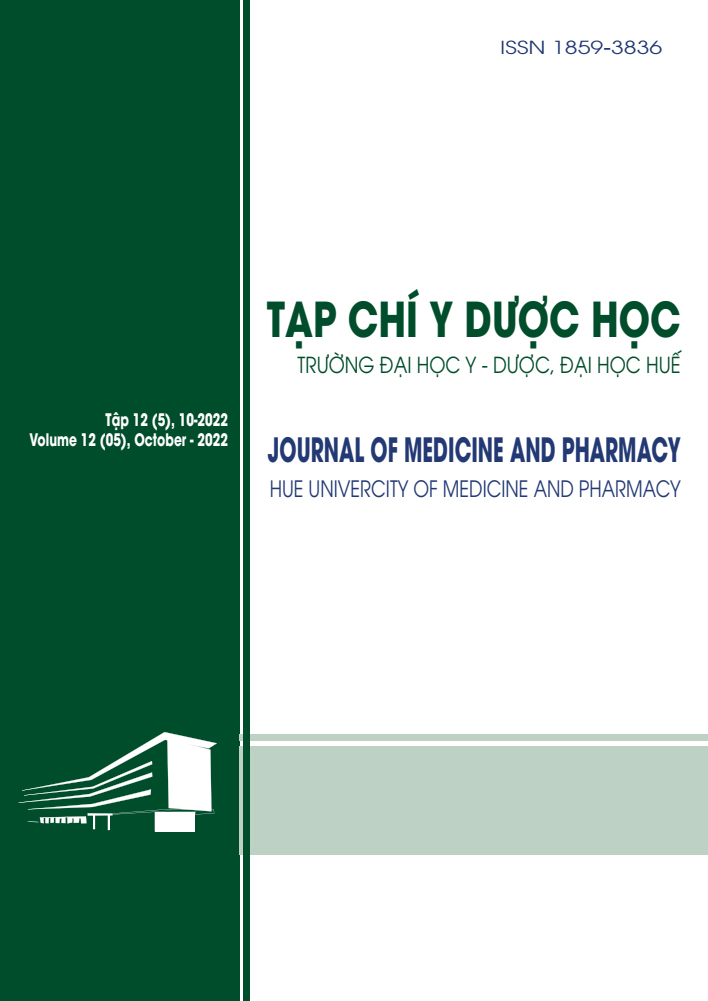Tóm tắt
Background: Although molar-incisor hypomineralization (MIH) is prevalent in Asian countries, no studies have evaluated its impact on oral health-related quality of life (OHRQoL). The aim of this study was to determine the impact of MIH on OHRQoL in Vietnamese schoolchildren.
Materials and methods: This cross-sectional study with 432 Vietnamese children aged 8-10 years was conducted in Hue city, Vietnam. OHRQoL was measured using the Child Perceptions Questionnaire for 8- to 10-year-olds (CPQ 8 - 10). The presence and severity of MIH was evaluated using the European Academy of Pediatric Dentistry (EAPD) criteria. A non-parametric Kruskal-Wallis test was applied for multiple intergroup comparisons, followed by Dunn’s test. A p-value <0.05 was the threshold for statistical significance. Statistical analysis was performed using SPSS version 26.0 and GraphPad Prism software version 9.0.0.
Results: Children with MIH had significantly higher CPQ 8 - 10 median scores than those without MIH, indicating that MIH negatively impacts OHRQoL. Similar trends were observed across all four domains: oral symptoms [3 (1 - 4) vs. 4 (3 - 7)]; functional limitations [1 (0 - 2) vs. 3 (1 - 6)]; emotional well-being [2 (0 - 4) vs. 4 (1 - 7)]; and social well-being [1 (0 - 3) vs. 2 (1 - 7)]. Regarding severity, CPQ 8 - 10 overall scores increased from mild [12 (7 - 19)] to severe [30 (23 - 33)] forms of MIH.
Conclusion: MIH was associated with impaired OHRQoL. With increasing severity, this condition showed a more significant negative impact on OHRQoL. To confirm these findings, further studies should be performed with the Parental-Caregivers Perceptions Questionnaire.
| Đã xuất bản | 09-05-2025 | |
| Toàn văn |
|
|
| Ngôn ngữ |
|
|
| Số tạp chí | Tập 15 Số 2 (2025) | |
| Phân mục | Nghiên cứu | |
| DOI | 10.34071/jmp.2025.2.3 | |
| Từ khóa | Molar-incisor hypomineralization, oral health-related quality of life, child perceptions questionnaire, Vietnam |

công trình này được cấp phép theo Creative Commons Attribution-phi thương mại-NoDerivatives 4.0 License International .
Bản quyền (c) 2025 Tạp chí Y Dược Huế
Weerheijm KL, Duggal M, Mejare I, et al. Judgement criteria for molar incisor hypomineralisation (MIH) in epidemiologic studies: A summary of the European meeting on MIH held in Athens, 2003. Eur J Paediatr Dent 2003;4:110-3.
Ghanim A, Silva MJ, Elfrink MEC, et al. Molar incisor hypomineralisation (MIH) training manual for clinical field surveys and practice. Eur Arch Paediatr Dent 2017;18:225-42.
Crombie F, Manton D, Kilpatrick N. Aetiology of molar-incisor hypomineralization: A critical review. Int J Paediatr Dent 2009;19:73-83.
Schwendicke F, Elhennawy K, Reda S, et al. Global burden of molar incisor hypomineralization. J Dent 2018;68:10-8.
Elhennawy K, Manton DJ, Crombie F, et al. Structural, mechanical and chemical evaluation of molar-incisor hypomineralization-affected enamel: A systematic review. Arch Oral Biol 2017;83:272-81.
Soviero V, Haubek D, Trindade C, et al. Prevalence and distribution of demarcated opacities and their sequelae in permanent 1st molars and incisors in 7 to 13-year-old Brazilian children. Acta Odontol Scand 2009;67:170-5.
Jalevik B. Prevalence and diagnosis of molar-incisor-hypomineralisation (MIH): A systematic review. Eur Arch Paediatr Dent 2010;11:59-64.
Elhennawy K, Schwendicke F. Managing molar-incisor hypomineralization: A systematic review. J Dent 2016;55:16-24.
Wogelius P, Haubek D, Poulsen S. Prevalence and distribution of demarcated opacities in permanent 1st molars and incisors in 6 to 8-year-old Danish children. Acta Odontol Scand 2008;66:58-64.
Lopes LB, Machado V, Mascarenhas P, et al. The prevalence of molar-incisor hypomineralization: A systematic review and meta-analysis. Sci Rep 2021;11:22405.
Americano GC, Jacobsen PE, Soviero VM, et al. A systematic review on the association between molar incisor hypomineralization and dental caries. Int J Paediatr Dent 2017;27:11-21.
da Cunha Coelho ASE, Mata PCM, Lino CA, et al. Dental hypomineralization treatment: A systematic review. J Esthet Restor Dent 2019;31:26-39.
Bandeira Lopes L, Machado V, Botelho J, et al. Molar-incisor hypomineralization: An umbrella review. Acta Odontol Scand 2021;79:359-69.
Leal SC, Oliveira TRM, Ribeiro APD. Do parents and children perceive molar-incisor hypomineralization as an oral health problem? Int J Paediatr Dent 2017;27:372-9.
Lygidakis NA, Garot E, Somani C, et al. Best clinical practice guidance for clinicians dealing with children presenting with molar-incisor-hypomineralisation (MIH): An updated European Academy of Paediatric Dentistry policy document. Eur Arch Paediatr Dent 2022;23:3-21.
Fiorillo L. Oral health: The first step to well-being. Medicina (Kaunas) 2019;55:676.
Locker D, Allen F. What do measures of ‘oral health-related quality of life’ measure? Community Dent Oral Epidemiol 2007;35:401-11.
Gutierrez TV, Ortega CCB, Perez NP, et al. Impact of molar incisor hypomineralization on oral health-related quality of life in Mexican schoolchildren. J Clin Pediatr Dent 2019;43:324-30.
Joshi T, Rahman A, Rienhoff S, et al. Impact of molar incisor hypomineralization on oral health-related quality of life in 8-10-year-old children. Clin Oral Investig 2022;26:1753-9.
Dantas-Neta NB, Moura LF, Cruz PF, et al. Impact of molar-incisor hypomineralization on oral health-related quality of life in schoolchildren. Braz Oral Res 2016;30:e117.
Michaelis L, Ebel M, Bekes K, et al. Influence of caries and molar incisor hypomineralization on oral health-related quality of life in children. Clin Oral Investig 2021;25:5205-16.
Amrollahi N, Hashemi S, Heidari Z. Impact of molar incisor hypomineralization on oral health-related quality of life in 8-10 years old children: A systematic review and meta-analysis. J Evid Based Dent Pract 2023;23:101889.
Santos PS, Vitali FC, Fonseca-Souza G, et al. Dentin hypersensitivity and toothache among patients diagnosed with molar-incisor hypomineralization: A systematic review and meta-analysis. J Dent 2024;145:104981.
da Costa-Silva CM, Jeremias F, de Souza JF, et al. Molar incisor hypomineralization: Prevalence, severity and clinical consequences in Brazilian children. Int J Paediatr Dent 2010;20:426-34.
Lygidakis NA. Treatment modalities in children with teeth affected by molar-incisor enamel hypomineralisation (MIH): A systematic review. Eur Arch Paediatr Dent 2010;11:65-74.
Jokovic A, Locker D, Tompson B, et al. Questionnaire for measuring oral health-related quality of life in eight- to ten-year-old children. Pediatr Dent 2004;26:512-8.
Velandia LM, Alvarez LV, Mejia LP, et al. Oral health-related quality of life in Colombian children with molar-incisor hypomineralization. Acta Odontol Latinoam 2018;31:38-44.
Dias F, Gradella CMF, Ferreira MC, et al. Molar-incisor hypomineralization: Parent’s and children’s impact perceptions on the oral health-related quality of life. Eur Arch Paediatr Dent 2021;22:273-82.







